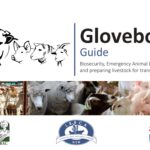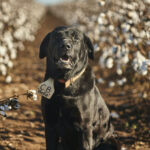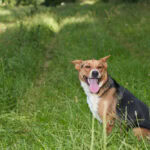The words 'biosecurity' and 'emergency animal diseases' may never have been utilised by the media…
Premium lamb meat from LAMBPRO

How one man�s vision for creating the finest premium lamb meat is transforming Australia�s sheep meat farming industry.
Tom Bull, founder of LAMBPRO, is not your ordinary Australian sheep farmer. For a start, he doesn�t even focus on merinos, but he�s been on a mission for quite some time to produce the world�s tastiest lamb chop.
While he personally does not like the term, his breeding initiatives have created what has been called �The Wagyu of Lamb� for its significant marbling, and his sophisticated marketing of this premium product has tapped into high-value export markets.
LAMBPRO is Australia�s largest prime lamb seedstock business providing genetics to more than 350 lamb producing businesses around the country. More than 1.2 million lambs will be produced this year from LAMBPRO genetics.
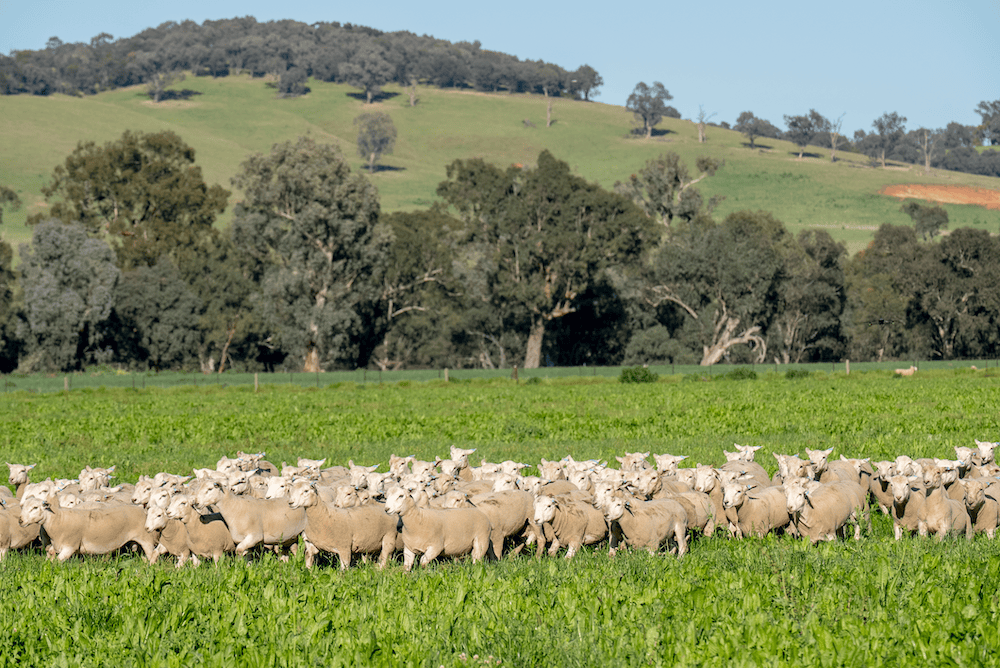
LAMBPRO�s Primeline Maternal has built a reputation as the largest supplier of maternal genetics to the Australian lamb industry, while the terminal sire program is focused on producing different levels of marbling depending on varying market requirements.
For these trailblazing innovations, he and his wife Phoebe were awarded The Weekly Times Coles Farmer of the Year in 2018.
From the beginning
Tom, 47, grew up on a sheep property in Holbrook. After senior school years at Scots College in Sydney, he studied farm management at Orange Agricultural College, now part of Charles Sturt University, and afterwards went jackarooing before a stint working in abattoirs.
�Working in abattoirs was really grounding because I learned about lamb literally from the inside out. So many people only understand one part of the lamb industry, but I�ve been involved in all elements from production and processing to marketing, retailing, and exporting.�
Tom Bull, LAMBPRO founder
When Tom came home to Holbrook in 2001, his father had sold the family farm down to 90 acres. He married his college sweetheart, Phoebe, originally from the Hunter Valley, who came back from London to help him.
With the help of his father, Tom and Phoebe purchased their first farm and since then have bought four adjoining properties. The business now runs 11,000 ewes on 4500 acres and is focused on a triple bottom line accounting framework that delivers financial, environmental and social-animal
welfare benefits.
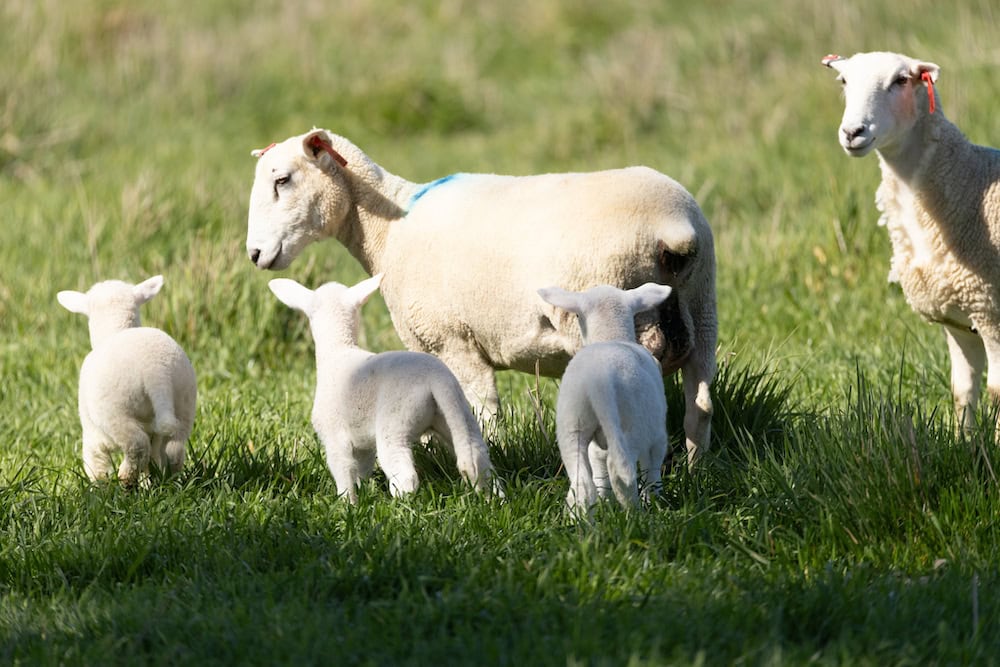
Lamb genetics
But it was never going to be just about sheep farming. The core of the business is lamb genetics.
�I�ve always been fascinated by sheep and started breeding sheep as a teenager. It�s been a life-long passion,� says Tom. �My goal is all about reducing the cost of production and maximising carcase returns.�
So, how did he go about solving this equation?
�The biggest thing we did was look at the end product and then worked backwards to production,� he explains. �We take an evolutionary approach to breeding and measure heaps of stuff.�
LAMBPRO�s motto is very simple: �identify and multiply�. They identify sheep that will increase kilograms per hectare through productivity and dollars per kilogram through carcase quality and then multiply them through their various breeding programs.
By measuring production traits in their seedstock when run in commercial environments, they cull sheep with weak constitutions and select ewes with strong mothering abilities that tend to produce twins as well as selecting breeds that don�t need drenching or mulesing. Marbling qualities are based on the capture of accurate carcase data, which has been collected in partnership with the University of New England over the past decade. The loins are removed from the processing plant and tested for marbling and tenderness.
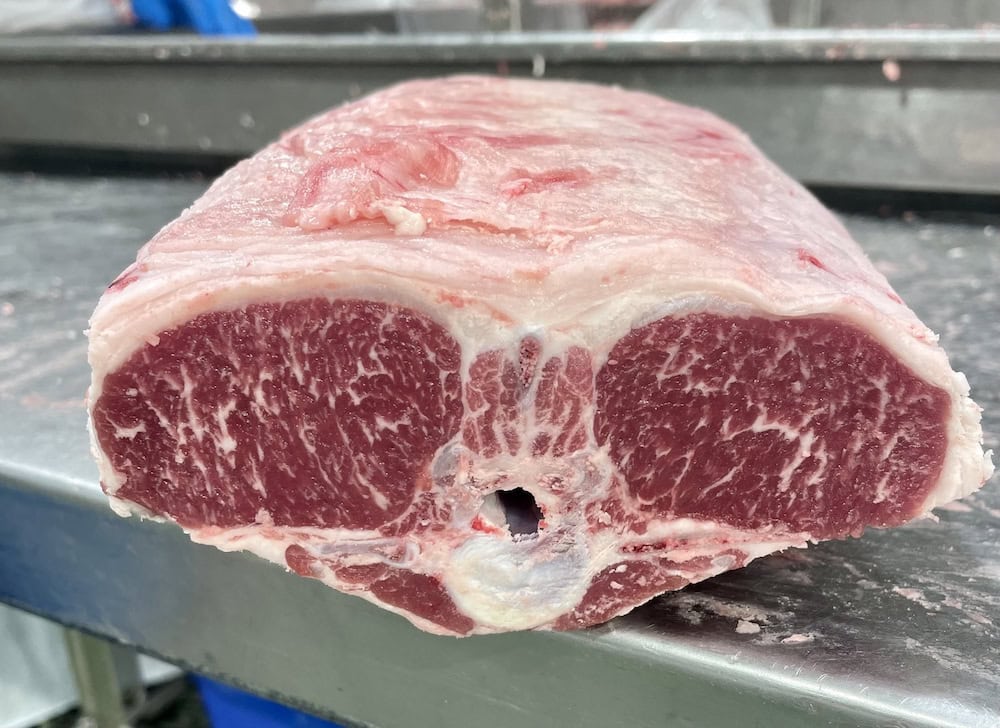
�Our approach is not traditional, many of our sheep are hybrid, and the focus is on performance not purity. While not mainstream, our sheep hold many Australian sales records,� says Tom. �We have been a leading driver of productivity gains in the Australian lamb industry over the past two decades. Our future is focused on increasing the profitability of our sheep ensuring our client base is at the forefront of production and profitability.
�All our LAMBPRO breeding programs are based on a specialist self-replacing meat sheep program which doesn�t rely on the merino population,� explains Tom. �Merinos do not have a high productive rate. Our lamb survival rate has increased 10 per cent in the last 10 years.�
Breeding programs
There are five main breeding programs. The Primeline Maternal breeding program is the bread and butter of the business.
�When we commenced this program, our aim was to develop the �Angus cow� of the lamb industry with a breeding objective based on reducing the cost of production through improved fertility, rapid growth, milk production and cost traits (worms, dags) and on improving the product quality with high marbling and tenderness,� explains Tom.
The Primeline Shedders breeding program has the same breeding objectives as Primeline Maternal, but the sheep have been bred to shed wool.
Dorsets are primarily crossed with Merino ewes for both the Primeline maternal and shedders breeding programs.
The Poll Dorset terminal sire breeding program is focused on high marbling, high muscled animals targeted toward high-end domestic and
export markets.
The Tradie terminal sire breeding program is a specialist Dorset/Hampshire Down breeding program targeted traditionally on the domestic market but now is focused on the high-end USA market.
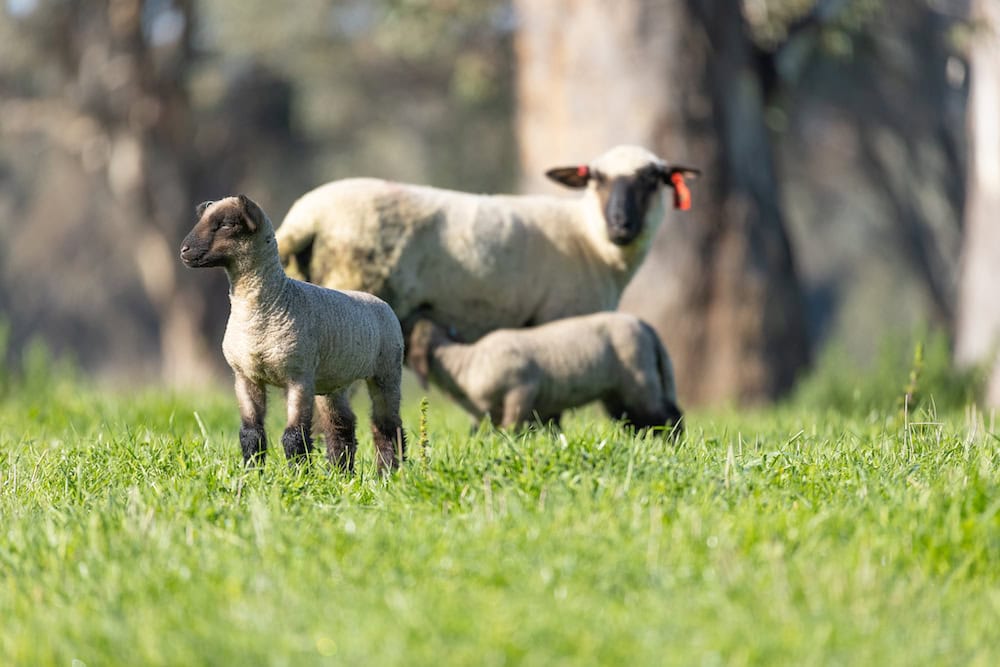
The Hampshire Down terminal sire breeding program focuses on highly marbled meat for
premium markets.
�The Hampshire Down breed had some outliers for marbling which we found very exciting. Carcase measurement has continued to progress this trait,� says Tom.
�While all our breeds have similar levels of intramuscular fat (IMF), the Hampshire Down program has been found to have the highest marbling. The best line we have processed has averaged
7.4 per cent.�
Premium markets
�We have been involved in large scale consumer testing which highlighted the impact of marbling on eating quality. Primarily, the aim was to understand the traits that consumers enjoy and then produce the genetics that enable this with the aim of offering a consistent product at retail and food service.�
Tom Bull, LAMBPRO founder
In addition to their intense genetics program, they also feed lambs barley and lupines in small paddocks for 40 days at their Willow Bend property and for 60-70 days at Kinross Station.
Tom and Phoebe are expanding their access to high value export markets.
�We�ve seen the success of marketing beef wagyu and we�re applying it to the lamb industry,� says Tom.
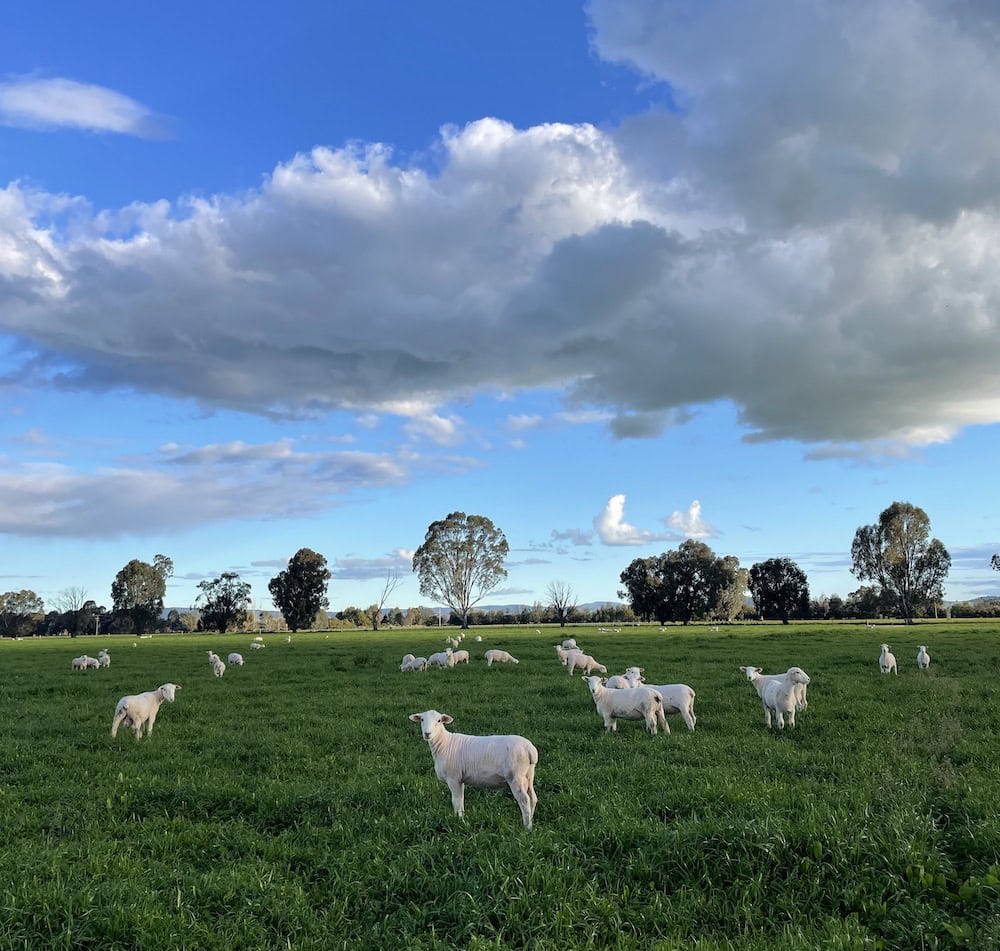
Through its associated premium lamb brands Willow Bend and Kinross Station (which are supplied by their clients), LAMBPRO is now a global lamb market leader, exporting lambs to ten countries through a joint venture with Endeavour Meats.
Kinross Station is a specifically Hampshire Down brand which is targeted towards the Asian markets, including Singapore, Malaysia, Japan, China, the Maldives, and the Middle East.
Willow Bend focuses on all the other breeds as well as the Primeline Maternal, Dorset and Tradie breeding programs for clients� progeny. It is targeted specifically for the US market and more
recently Japan.
All in all, not only has LAMBPRO been a leading driver of productivity gains in the Australian lamb industry over the past two decades but also has forged a path for farmers to be rewarded with significant premiums for producing Wagyu-quality, highly marbled lamb.
�Australian lamb has lagged behind beef in targeting premium markets. By strictly controlling genetics and nutrition, lamb meat producers have the possibility of adding significant value to the industry,� says Tom.
If you enjoyed this piece about LAMBPRO premium lamb meat, you may like to read about an innovation from Charles Sturt University on the sheep “Feedlot of the Future.”


